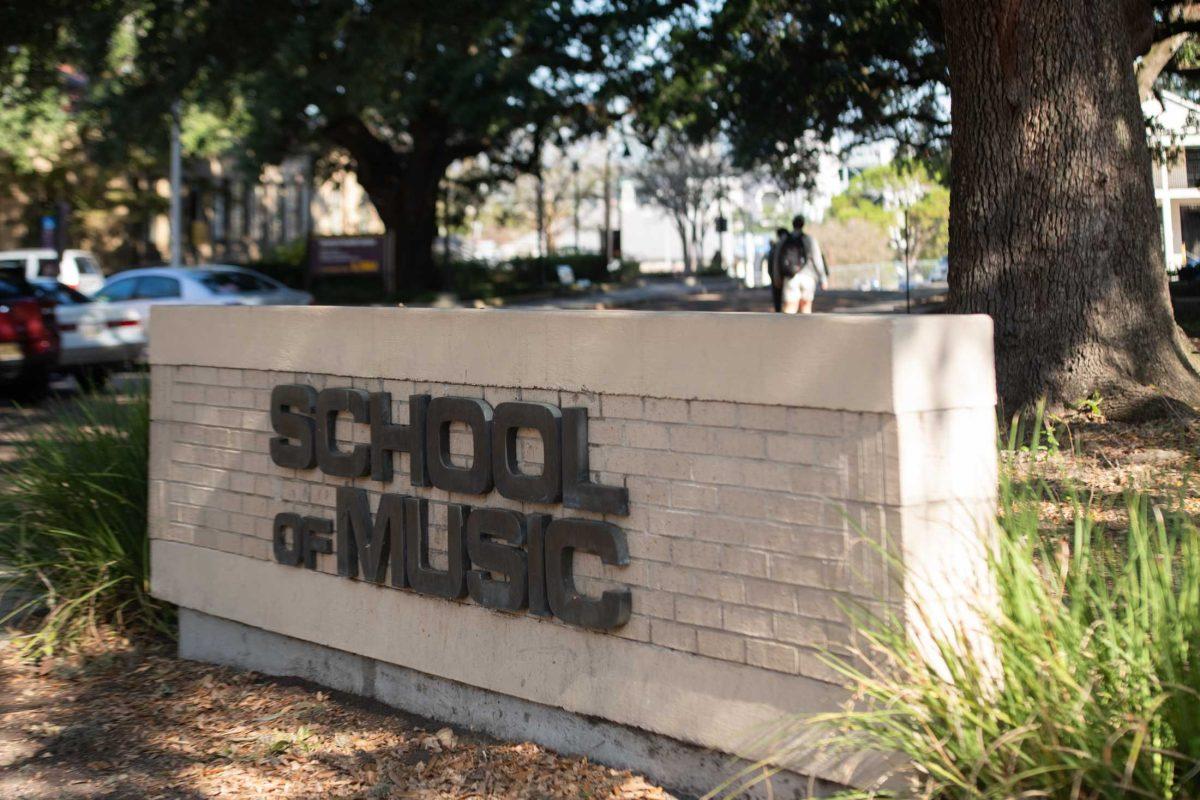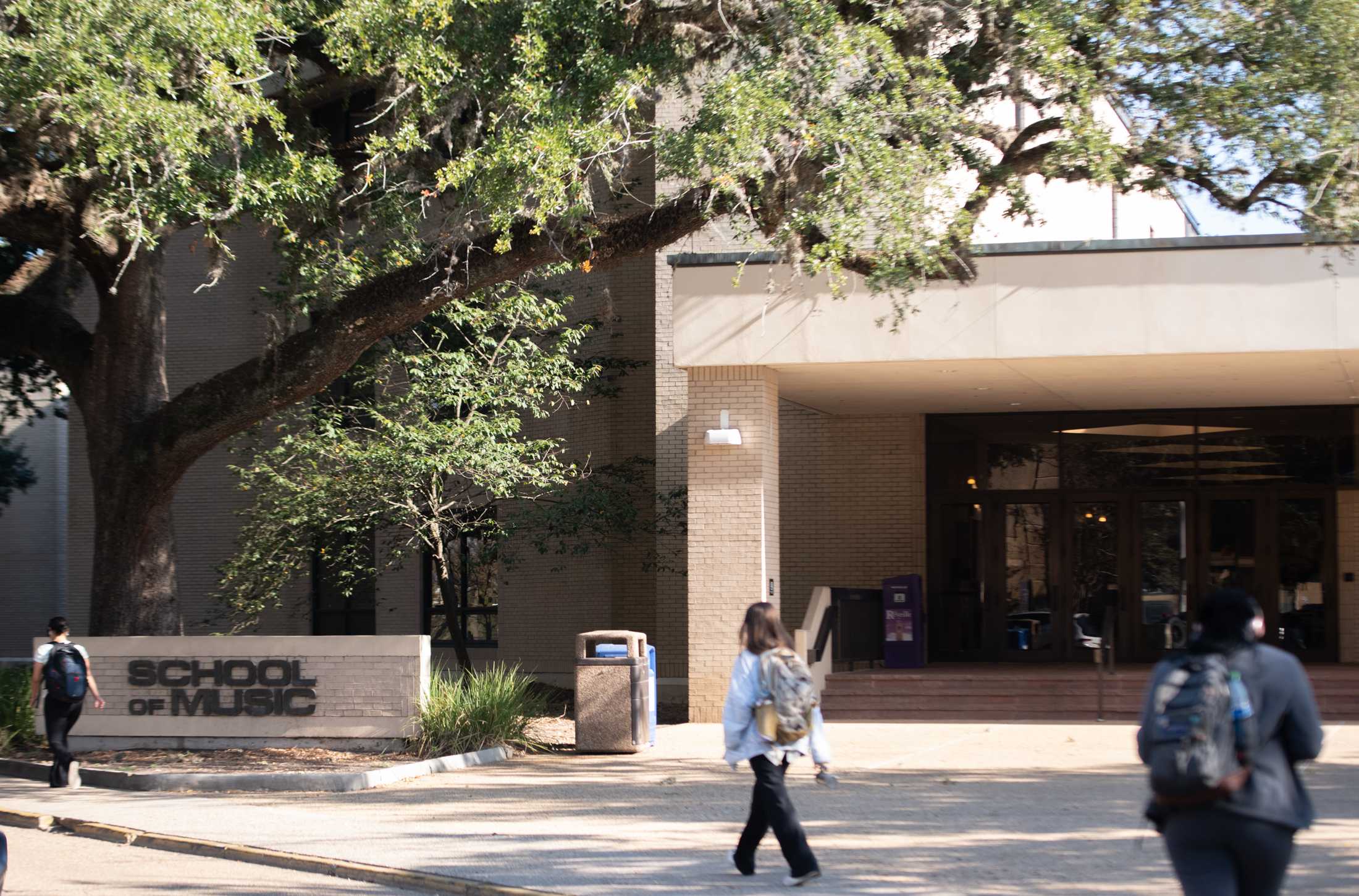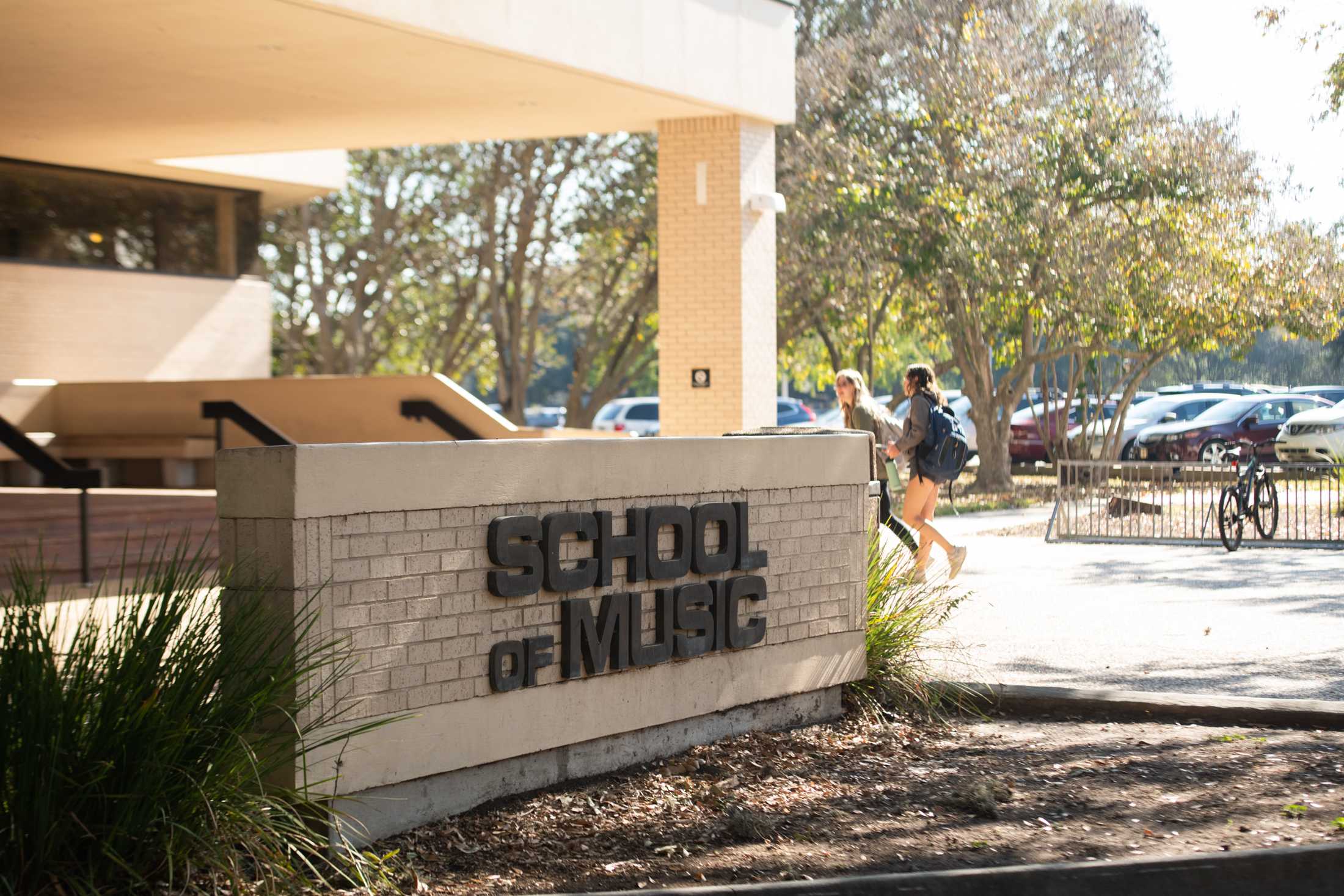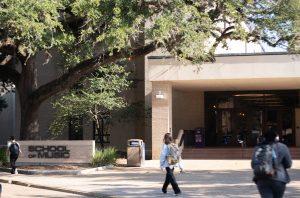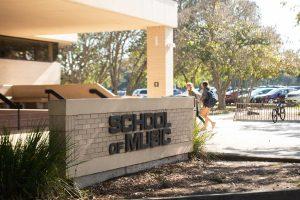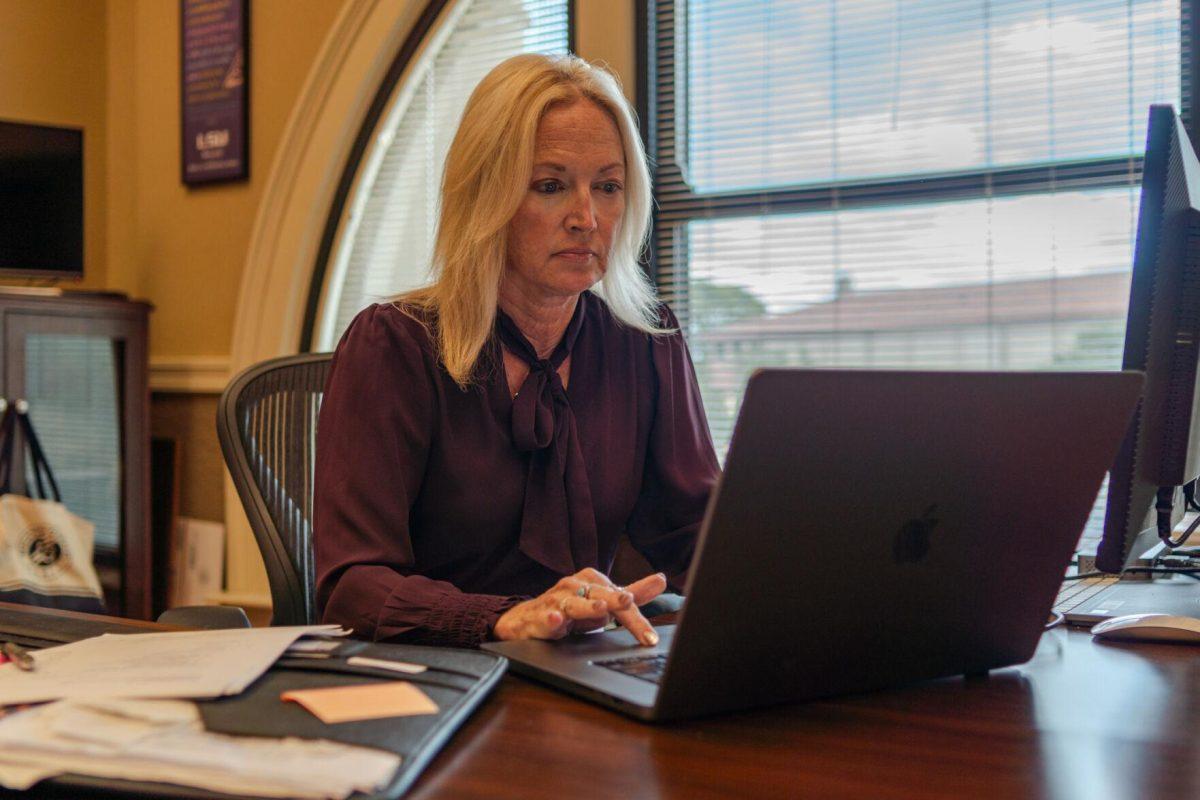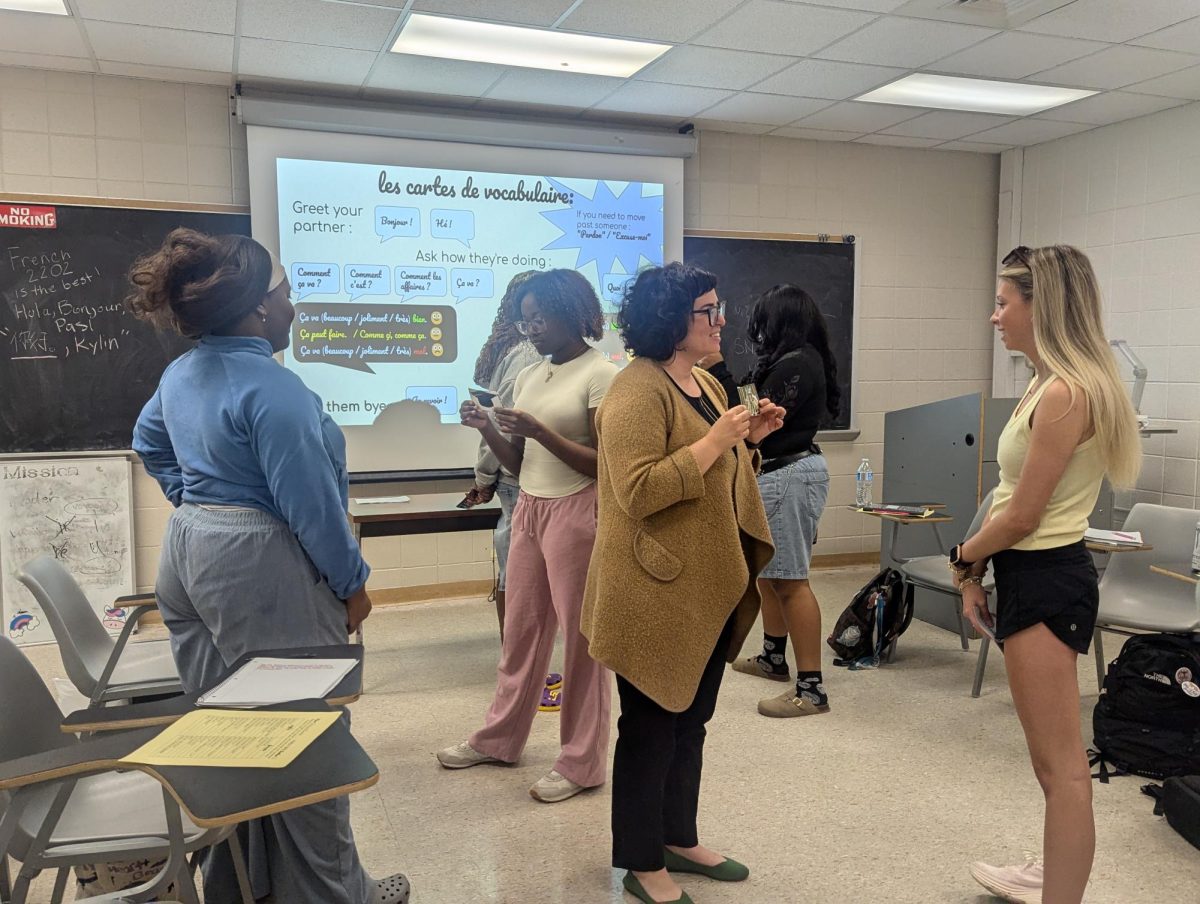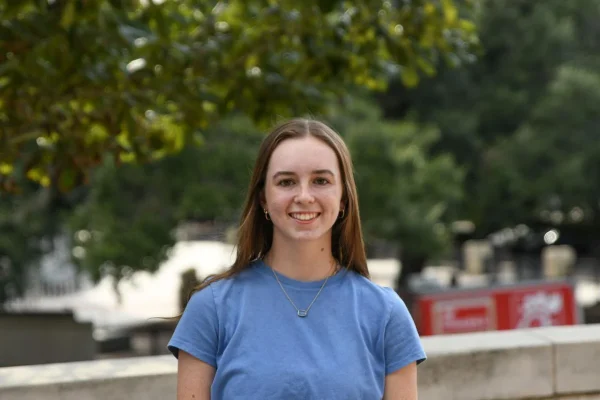The LSU School of Music is offering a music therapy program to students for the first time with the assistance of newly hired faculty member Kamile Geist, an associate professor of music therapy.
According to Geist, music therapists create music-based strategies to address the health needs of the people they serve. She said that music therapists use music to work on non-musical goals such as speech, movement, anxiety, depression and more.
Music therapists consult with expert team members such as speech-language pathologists, physical therapists and counselors to ensure that the targeted health needs align with the client’s overall treatment, she said.
“Because our bodies naturally respond to musical stimuli, the music therapist is trained to identify the type of music stimuli or treatment needed for a client through assessment,” Geist said.
Geist said that the music therapist’s job is also to learn from the client what type of music experience would be the healthiest option for them.
“The music therapist then develops the most appropriate music-based treatment and continues to evaluate and change the treatment as the client’s needs change,” Geist said.
According to Geist, the first class in the sequence, Profession of Music Therapy, will be available in the fall 2023 course catalog. She said that any undergraduate student can take this course, while higher courses will be reserved for those obtaining a music therapy degree.
She said the music therapy degree would consist of core music classes from the School of Music, core music therapy theory and clinical practicum classes, and behavioral science courses such as psychology, biology and communication disorders.
LSU School of Music Director James Byo said that the newly created music therapy program was years in the making.
He said that in 2018, LSU alumni Ava Leavell Haymon and Cordell Haymon donated funds to create an endowed chair in music therapy. Byo said that the donation led to the formation of an Endowed Chair in Music Therapy and the pursuit of LSU’s first music therapy program.
“At that time, the School of Music in the College of Music and Dramatic Arts launched a national search, seeking the first-ever music therapy faculty member at LSU and one who would build a therapy program from scratch,” Byo said.
Byo said the COVID-19 pandemic slowed the search, but it ramped up again in the fall of 2021. Geist, who had been the music therapy program director at Ohio University in Athens, agreed to join the LSU faculty as the first Ava and Cordell Haymon Endowed Chair of Music Therapy in August of 2022.
Byo said that music therapy will enhance the School of Music and LSU by providing a career option not currently available at LSU for accomplished high school musicians.
He said that Loyola University New Orleans currently houses the only music therapy program in Louisiana.
When the LSU program is up and running, Byo said it will provide a public alternative and fill a void in therapeutic services at LSU.
He said that music therapy is a growing field across the United States; new programs are accredited by the National Association of Schools of Music in conjunction with the American Music Therapy Association.
“[A program] that targets the health and wellness of diverse special populations, including those with disabilities, medical conditions, age-related challenges, and other human service needs, will improve the quality of life across the greater population of Louisiana and the southeast and south-central regions of the U.S.,” Byo said.
He also said that the School of Music hopes to grow the program by adding a second music therapy faculty member and expanding from an undergraduate degree-granting program to one that includes a Master of Music in Music Therapy.
Senior Vice Provost Jane Cassidy said the music therapy program is an important step for the School of Music.
“The intention of the School of Music is to recruit widely among high schools in Louisiana to make sure those students know that a music therapy degree is available at LSU,” Cassidy said. “We also feel like it will be an interesting option for out-of-state students, as there are very few music therapy programs in the surrounding states.”



